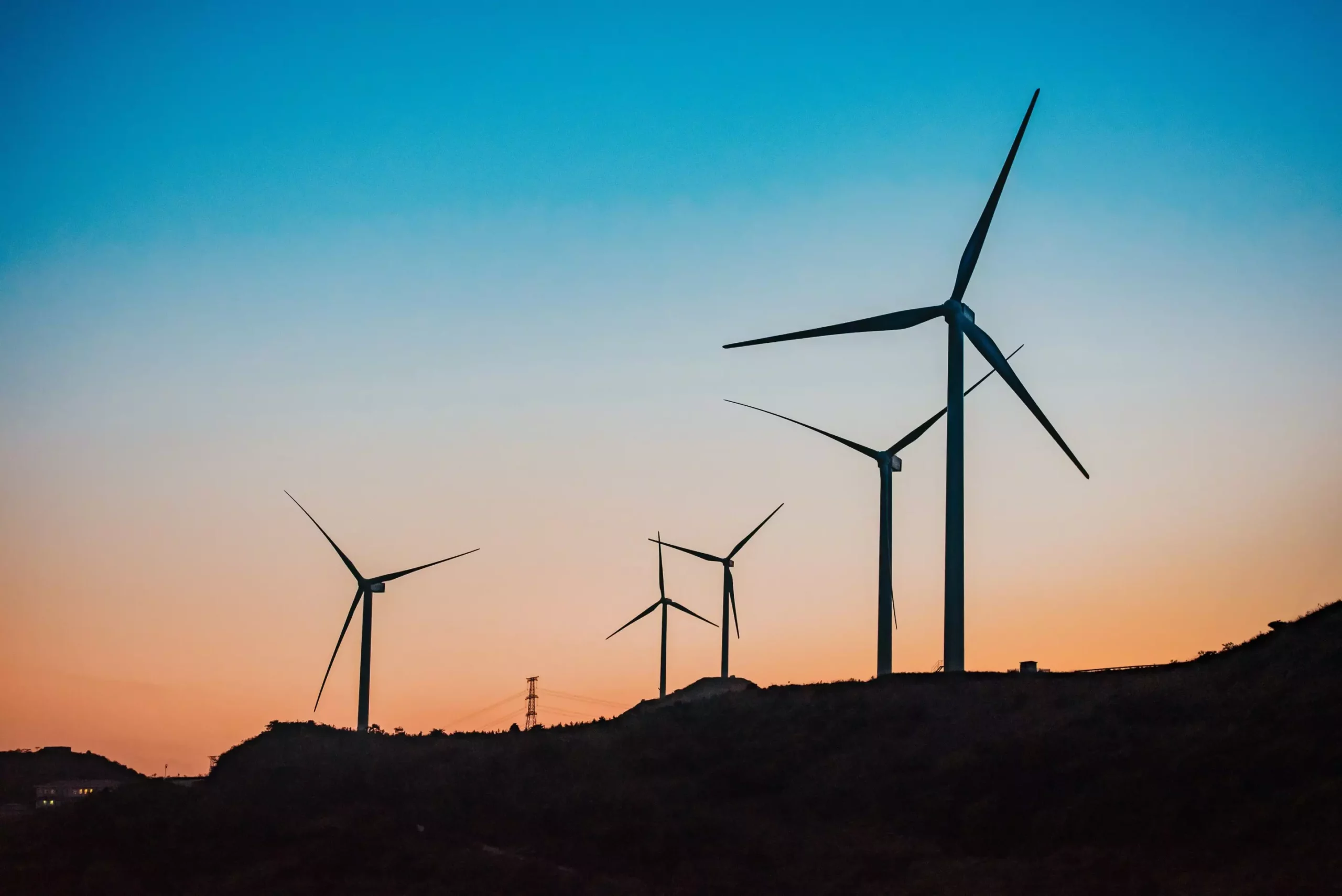The quest for renewable energy has been a persistent narrative in the global discourse on sustainable development. Despite decades of advocacy and progress, many nations, including Australia, find themselves still tethered to fossil fuels like coal and gas. This paradox is not a failure of technology or innovation; rather, it stems from systemic time delays in implementing complex infrastructure needed to support renewable energy. A critical examination reveals that the challenges are multifaceted, reflecting local political dynamics and global market pressures that could either stunt or stimulate the transition to cleaner energy sources.
A major hindrance facing renewable energy initiatives is the significant infrastructural need to connect distant renewable sources like solar and wind farms to urban consumption centers. In Australia, the proposal to construct around 10,000 kilometers of new transmission lines stands as a formidable challenge, illustrating the logistical complexity of shifting energy generation from fossil fuels to renewables. This problem of connectivity is echoed globally. For instance, the International Energy Agency has found that developing new electricity grid assets takes a decade on average in both Europe and the United States.
While the issue of integrating renewable energy into existing grids is persistent, it is often compounded by local resistance. Communities may oppose new power transmission lines or renewable installations due to potential environmental impacts or changes to land use. The combination of grassroots opposition and bureaucratic procedures can lead to protracted delays, ultimately stalling investment in renewable projects. A push towards adapting or negotiating with local stakeholders could be essential for overcoming these hurdles.
Europe’s recent attempts to streamline the transition to renewable energy provide important lessons. In 2022, the European Union introduced legislation aimed at expediting the clean energy transition by simplifying permitting processes and emphasizing public interest in renewable energy projects. The legal framework is notable for its prioritization of clean energy over other legal and stakeholder concerns, thereby placing immediate needs for sustainability ahead of traditional regulatory checks.
Germany has gone even further by enacting domestic laws that prioritize renewable projects, effectively sidelining competing interests. However, such strategies are not without risk. The backlash from local communities in response to perceived governmental overreach was evident during recent elections, revealing the delicate balance between rapid policy implementation and community trust. While expediting renewable energy projects is crucial, the experience in Europe suggests that transparency and community involvement should not be overlooked to prevent political repercussions.
In contrast to the regulatory approach seen in Europe, the United States adopted a strategy focused on economic stimulation through the Inflation Reduction Act. This significant piece of legislation allocates approximately A$600 billion in grants and tax credits aimed at bolstering various sectors, including green technology and electric vehicle manufacturing. The success of this initiative has underscored the effectiveness of financial incentives in accelerating the transition to renewable sources.
Nonetheless, the U.S. faces its own challenges, especially concerning the same infrastructural issues that inhibit other countries. Approval processes for new transmission lines remain cumbersome, which underscores the need for coordinated federal and state efforts. New attempts to streamline the approvals under the Energy Department’s new rules demonstrate a willingness to learn from both local and international experiences in the energy transition.
China presents an alternative model of rapid transition, demonstrating both the potential and the pitfalls of an accelerated energy shift. The Chinese government has achieved remarkable progress in reducing emissions, even ahead of its own target dates, primarily by constructing vast renewable energy infrastructure. Solar and wind capacities have skyrocketed over the past decade, and aggressive industrial policy has positioned China as a leader in renewable technology.
However, this rapid shift seldom accounts for the social costs incurred, including community displacement and environmental degradation. The lack of public checks and balances raises ethical questions about the sustainability of such a model. The West often looks to China’s approach for inspiration, yet it is imperative to consider the implications of implementing policies that disregard community welfare.
The journey to renewable energy transition is fraught with complexities, not least of which includes securing public support. In Australia, emerging frameworks such as Victoria’s Transmission Investment Framework seek to prioritize community voices, suggesting a more deliberate and inclusive approach. Although this may slow down the deployment of renewable technologies temporarily, it strengthens community support, anchoring future developments in social acceptance.
Transitioning to renewable energy is not simply a technological challenge; it is a comprehensive societal endeavor requiring deliberation, respect for community interests, and global collaboration. The world has shown that while there are lessons to be learned from the successes and failures of other nations, the path to a sustainable future must be tread carefully, with a focus on not just the end goal, but the journey it entails.


Leave a Reply